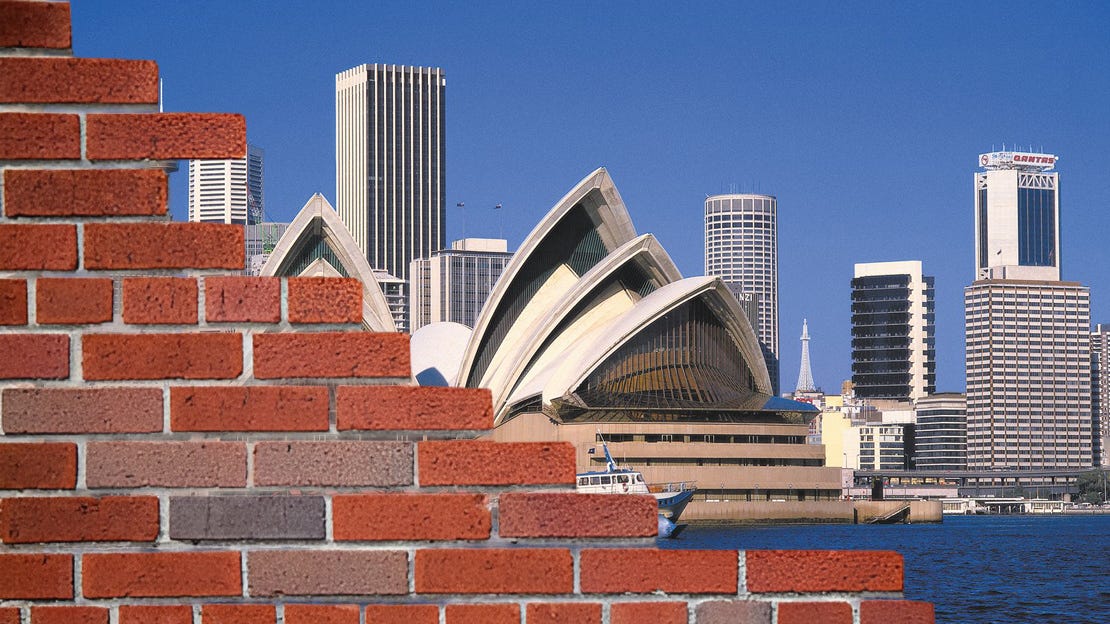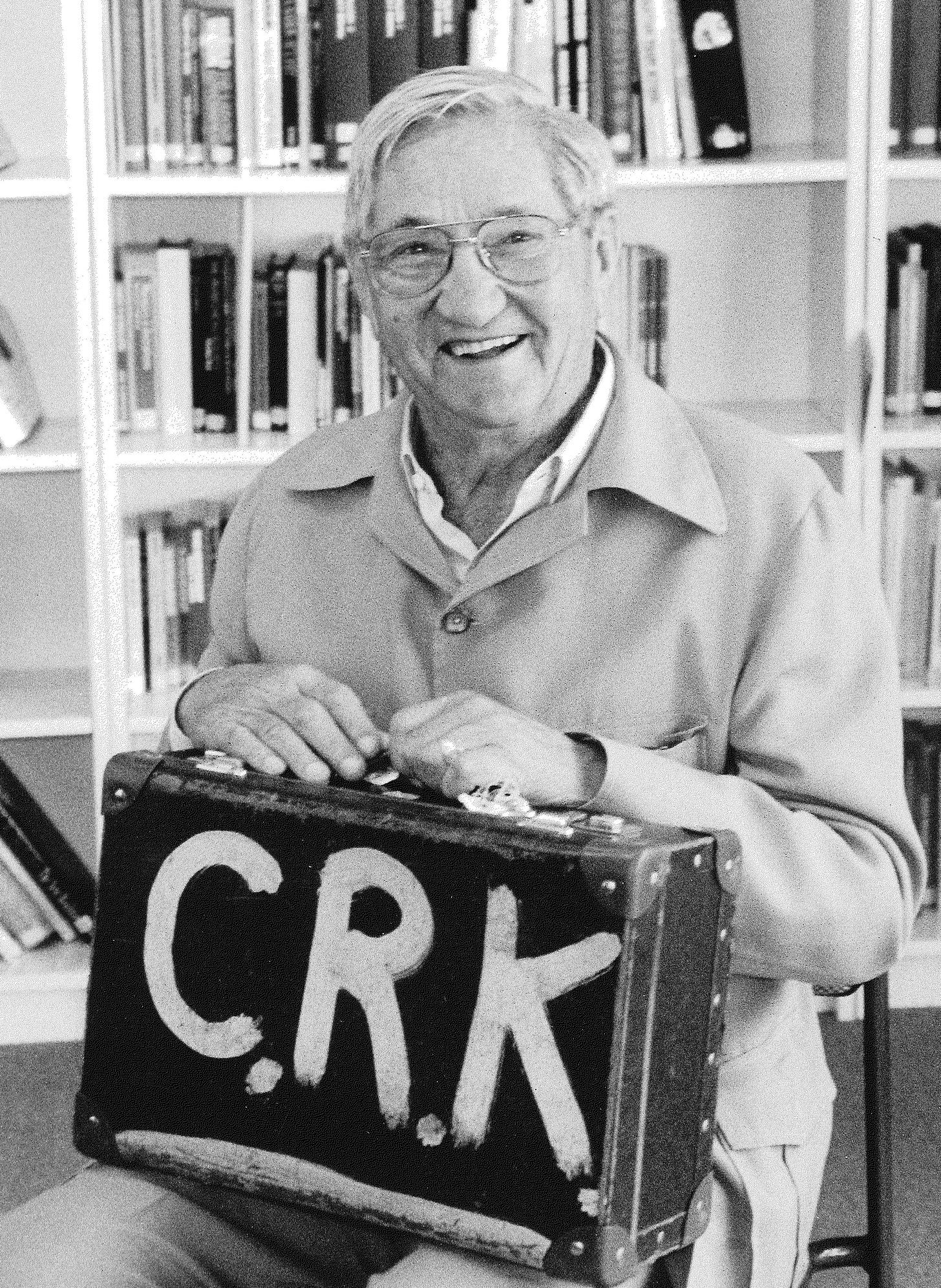Table of Contents
Bob Day
Former Senator for South Australia. Former National President of the Housing Industry Association. Current Federal Director of the Australian Family Party.
This month marks the 28th anniversary of the passing of one of Australia’s great political figures, Bert Kelly.
Bert arrived in Federal Parliament in 1958 as the Member for the South Australian seat of Wakefield. From then until he left the parliament in 1977 he fought a long and often bitter campaign against tariffs – first against a very powerful deputy prime minister and Country Party leader, John ‘Black Jack’ McEwen, and also against the strongly defended populism of ‘protecting Australian jobs’.
Bert was a farmer and used stories about his experiences on the land to get his points across.

He once told the story of a group of city dwellers who were enjoying a day out in the country.
The group had stopped for a rest near a small dairy farm when one of the group noticed a large, virile-looking bull being led into a paddock occupied by a single cow.
Almost immediately, the bull took off heading full steam towards the cow.
The imagination of the city-dwellers ran wild at what they imagined would happen next.
To their amazement (and great amusement), the bull pulled up just short of the cow and, rather than fulfilling their expectations, dropped to its haunches, pushed its head under the perplexed-looking cow, and began sucking away for dear life on the cow’s udder!
Bert used this incident to expose industry’s argument for protection.
The overgrown young bull, he said, was BHP – especially its highly protected steel division. Its minerals-exporting division, however, suspected it was being disadvantaged, which of course it was.
In 1930, Australian historian Keith Hancock published his book Australia which contained this memorable reference to protectionism in Australia:
Protection in Australia is more than a policy: it is a faith and a dogma. Its critics, during the second decade of the twentieth century, dwindled into a despised and detected sect suspected of nursing an anti-national heresy. Protection is interwoven with almost every strand of Australia’s democratic nationalism. It professes to be a policy of plenty, but it is a policy of power.
Bert Kelly was opposed to protectionism because, he said, it was not only economically foolish but also morally wrong. It was wrong, he said, because it created a situation in which governments granted favours to some, who were greatly enriched, at the expense of others, who were at best impoverished or, at worst, ruined.

Bert nonetheless understood the truth of Edmund Burke’s observation that ‘all government is based on opinion’, so he set out to change opinion on protectionism through his newspaper columns Dave’s Diary, The Modest Farmer and The Modest Member, in the parliament, and speaking engagements around Australia.
All played an indispensable role in bringing about a nation-wide change in opinion.
For decades, rent-seeking industries like the car manufacturers ran vigorous protection campaigns forcing consumers to pay more for their cars than they otherwise would, thus restricting their opportunity to spend their money on other goods and services like clothes, furniture, appliances, travel, movies, restaurants, the theatre, their children’s education, charities and other discretionary options.
Protection of declining industries at the expense of emerging industries is a form of taxation. It is corporate welfare and ruinous to a nation’s economy.
The great advocates of free trade were, of course, Adam Smith and Milton Friedman. Smith’s The Wealth of Nations and Freidman’s Free to Choose are still the most persuasive authorities available.
Friedman was once taken to see a massive infrastructure project in Asia where thousands of workers were building a canal using shovels. “I was somewhat puzzled”, said Friedman, “so I asked the government official, ‘why aren’t you using excavators and earth-moving equipment?’.
“Using shovels creates more jobs”, said the official.
“Then why don’t you use spoons instead of shovels?”’
Two of US President Donald Trump’s key policies are completion of a $20bn concrete and steel wall along its border with Mexico and tariff walls against what he sees as recalcitrant nations.
And while some have suggested his tariff walls are more strategic than economic, we can only hope that is the case.
If not, we already know which will be the more costly.
This article was originally published by Liberty Itch.









